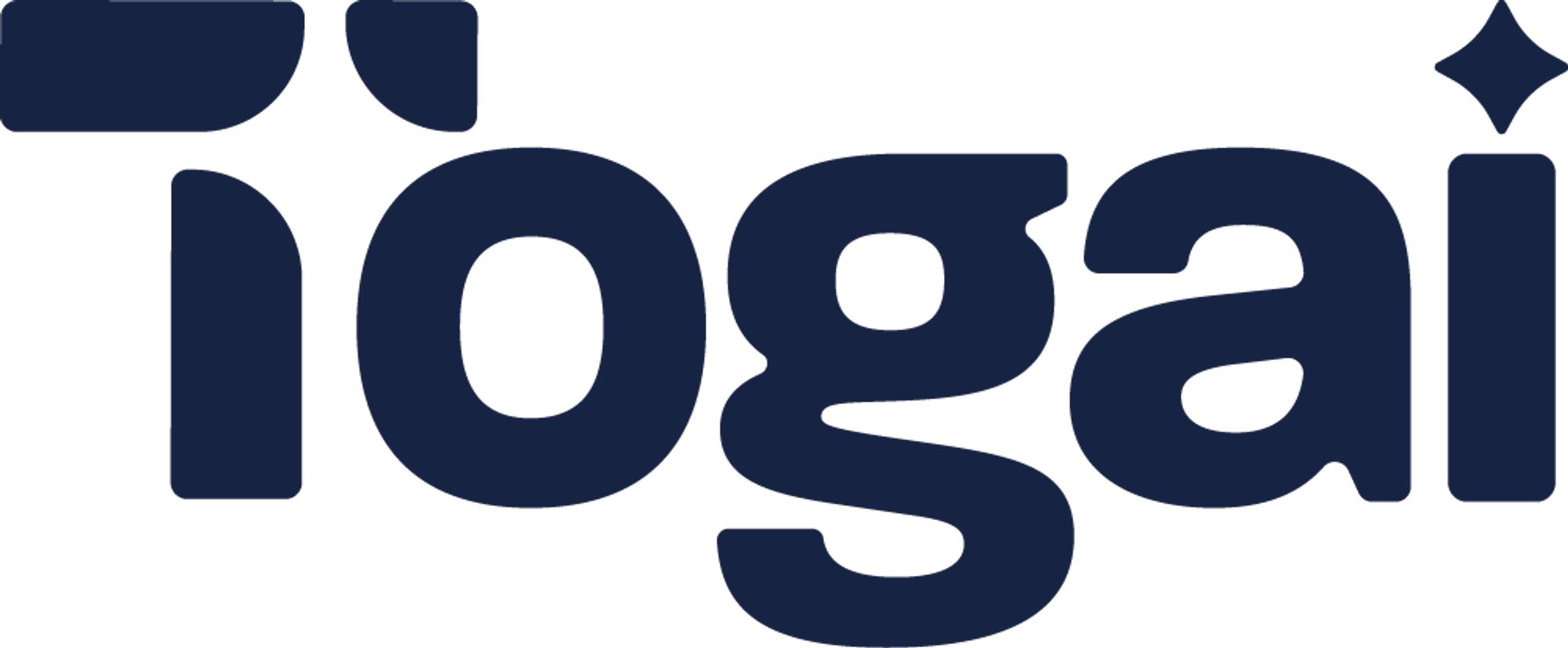What is a billable item?
Billable items form the basis for billing the services used in your product. The billable item represents an item that is to be billed. You can model the different line items in your customer invoice as a billable item within Togai.The design principles behind Togai is to offer the maximum amount of flexibility when it comes to your pricing configurations. This is achieved through by abstracting a traditional product catalogue into ‘Billable Item’ that does not contain the price information and ‘Rate Card’ which holds the pricing details with other complex rules requierd for rating.

A billable item will contain the following entities -
- ID - This is the unique ID that is auto generated by Togai when you create a billable item.
- Name - This is the name you input to identify a billable item.
- Billable Name - This is the description that you would want your customers to see in your invoice for that line item.
- Type - There are 5 types of Billable items in Togai - Usage meter, License add-on, Fixed fee add-on, Credit add-on and features.
Types of billable items

Usage meter
We explained what a usage meter is and how you can create one in the previous section. Usage meters are a type of billable items that are meant to model consumption based line items in your invoice. Examples of such line items include total duration for which an instance was running, total data stored, number of tasks, number of API calls, data ingress and egress costs.License add-on
This is a type of billable item you can use to model seat based pricing or license based pricing. You would be able to define price per unit for every seat or license when you create your price plan and based on the quantity allotted (number of seats/licenses), the customer will be invoiced accordingly.Named license add-on
This is a type of item that can be used to track unique seats/users/licenses. You can provide a unique license id that can be used to understand how many unique users are using a feature or your product and then price them accordingly. For example, Slack’s pricing is based on unique active users and this add-on type can be used to model the same.Fixed fee add-on
This type is used to model a flat pricing without any input quantity. Fixed fees can be one-time fees (eg: professional services, setup fees) or recurring fees (platform monthly/annual fee). This configuration is provided when defining the price plan.Credit add-on
This billable item type serves two purposes - one to give promotional credits that can be used to model discounts or marketing promotions. Another purpose is to model minimum commitments for any individual line item/group of line items/entire invoice.Features
Features are a billable item type that are used to model entitlements. When a customer purchases/subscribes to a software product, they are essentially getting access to use a product’s set of features for a defined time period. Entitlements are this individual list of features or a group of packaged features that can be associated to a customer. Features and entitlements are used in 2 main scenarios -- Pre-paid commitments - When you have a cost structure that is variable (eg: Communications platforms), you would not want customers to use without any limits on their consumption.
- Cross-sell and Up-sell - You can bundle features and limit usage within a subscription plan so that customers are incentivized to upgrade to higher plans where the price per unit would be cheaper than the overage price on a lower tier plan.

